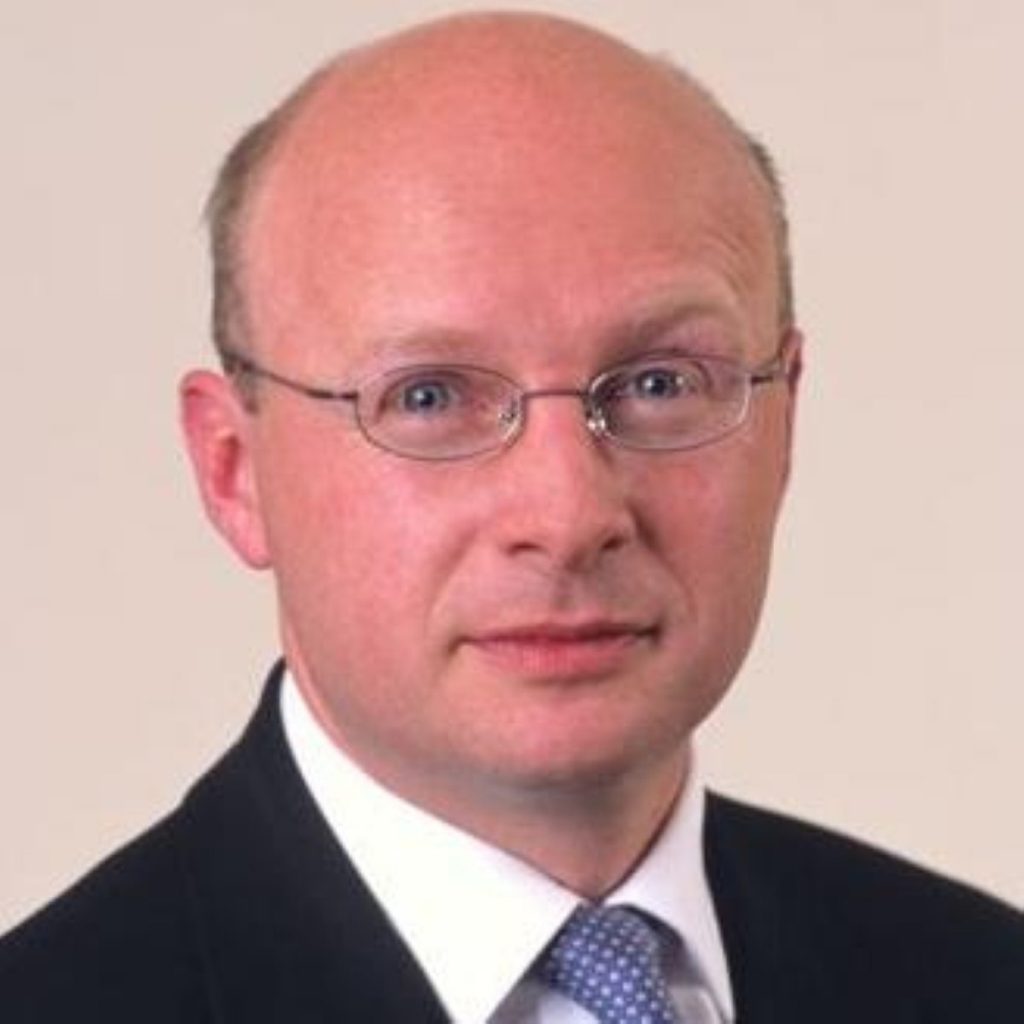Minister refuses to rule out immigration amnesty
The new immigration minister yesterday refused to rule out providing an amnesty for the thousands of people living in the UK illegally.
Liam Byrne told the home affairs select committee that, just 11 days into the job, it was “too early” for him to say whether or not such a solution would work.
Left-wing think tank the IPPR recently claimed that £1 billion in extra taxes could be raised by granting illegal immigrants the right to work legitimately in the UK.
It says that given that up to 500,000 people live in the country illegally, it is “simply not feasible, nor is it desirable” to remove them all.
The Home Office has always rejected such an option, as have the Conservatives, but giving evidence to the committee yesterday, Mr Byrne said he could not rule it out.
“We do, as an agency [the immigration and nationality directorate], need to bring forward a stronger enforcement and removal strategy that is actually rooted in an analysis of the kind of problems that it’s trying to solve,” he said.
“And so, to be frank with the committee, it’s too early for me to get into that question yet, because I just haven’t got that analysis in front of me.”
IPPR associate director Danny Sriskandarajah welcomed his comments, saying all the evidence suggested an amnesty “would be the most economically sensible policy”.
“The government is right to be considering this move and should not be scared to get involved in a public debate,” he said.
However, Conservative committee member Richard Benyon said afterwards that this failure to rule out an amnesty “certainly rings alarm bells”, and warned: “It will not solve the problem, it will make it worse.
“[The amnesty] is an active incentive for people to come here illegally. It is the message that it would give out in certain countries, when people in a community know that someone has got into Britain illegally and are allowed to stay.”
The committee is investigating Britain’s immigration system, looking at how decisions are taken, how e-borders can be used to stop illegal migrants coming into the country and how better figures can be collated on the number of illegals in the UK.
The issue has had a high profile in recent weeks, after new home secretary John Reid admitted there was no official data on how many people lived in Britain illegally, and after illegal immigrants were found working at the Home Office.
Yesterday Mr Byrne told MPs that he needed to understand more about the issue, and had commissioned a report to that effect, before deciding what the solution was.
“The position I’m in is really needing to understand in more detail than I do at the moment the precise segmentation of people whose positions have not been regularised. I have commissioned some analysis,” he said.
“I need to understand issues like the length of stay already here, how many people are here for X, Y and Z. I need to understand where they came from, what process their cases are in.”





-01.png)